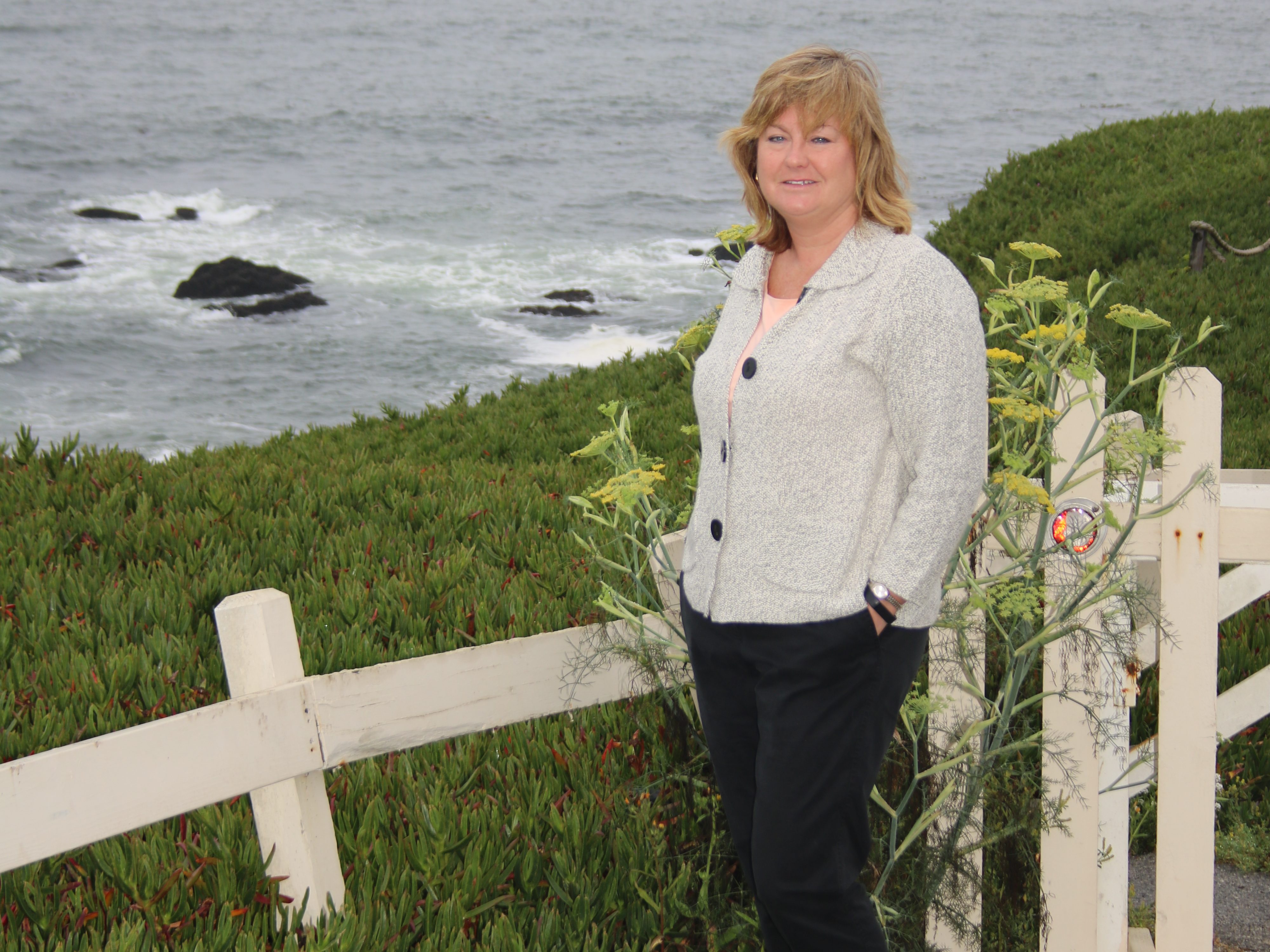Farmville Enterprise June 27, 2018
“Deborah, a prophetess, the wife of Lappidoth, was leading Israel at that time. She held court under the Palm of Deborah between Ramah and Bethel in the hill country of Ephraim, and the Israelites came to her to have their disputes decided.” (Judges 4:4-5) Deborah and Samuel were the only two biblical figures called both prophet and judge, holding offices that embodied civic and spiritual authority. Under Deborah’s rule the land had peace for 40 years. She was one of ten women noted specifically in Scripture as prophesying.
In his parting words to the church at Rome the apostle Paul mentioned 28 disciples, ten of whom were women, beginning, “I commend to you our sister Phoebe, a servant of the church in Cenchrea. I ask you to receive her in the Lord in a way worthy of the saints and to give her any help she may need from you, for she has been a great help to many people, including me.” (Romans 16:1-2) Here the word translated as “servant” was the Greek word for deacon, minister or servant which was diakonon.
Paul continued, “Greet Priscilla and Aquila, my fellow workers in Christ Jesus. They risked their lives for me. Not only I but all the churches of the Gentiles are grateful to them.” (Romans 16:3-4) In Acts 18:24 -26 we see that Priscilla joined her husband in teaching a man about the Lord. “Meanwhile a Jew named Apollos, a native of Alexandria, came to Ephesus. He was a learned man, with a thorough knowledge of the Scriptures. He had been instructed in the way of the Lord, and he spoke with great fervor and taught about Jesus accurately, though he knew only the baptism of John. He began to speak boldly in the synagogue. When Priscilla and Aquila heard him, they invited him to their home and explained to him the way of God more adequately.”
In 1 Corinthians 14 Paul stressed that “all things should be done decently and in order” in worship. (v 40) He wrote of three instances when men and women should be silent. “What then, brothers and sisters? When you come together, each of you has a hymn, a lesson, a revelation, a tongue, or an interpretation. Let all things be done for building up. If anyone speaks in a tongue, let there be only two or at most three, and each in turn, and let someone interpret. But if there is no one to interpret, let each of them keep silent in church and speak to himself and to God. Let two or three prophets speak, and let the others weigh what is said. If a revelation is made to another sitting there, let the first be silent. For you can all prophesy one by one, so that all may learn and all be encouraged, and the spirits of prophets are subject to prophets. For God is not a God of confusion but of peace. As in all the churches of the saints, the women should keep silent in the churches. For they are not permitted to speak, but should be in submission, as the Law also says. If there is anything they desire to learn, let them ask their husbands at home. For it is shameful for a woman to speak in church.” (1 Corinthians 14:26-35) In that culture it was appropriate for learned people to question speakers but shameful for the uneducated to do so. Women had no educational opportunities so Paul instructed them to wait until being at home to question their husbands. Paul instructed women who prophesied, prayed and sang hymns so it makes sense that he was not giving an absolute and timeless injunction to “be silent” in worship.
In Luke 13:16 Jesus called the crippled woman a “daughter of Abraham,” a title virtually unknown in Judaistic writing. He initiated a lengthy conversation with the Samaritan woman at the well and enjoyed close friendships with Martha and Mary. After the resurrection Jesus first appeared to women. Given their patriarchal society it is remarkable how Jesus and Paul included women in ministry and communicated their inherent value.

I always love reading your columns, but this one is so very relevant and helpful. In your scriptural examples, you showed that women are called and empowered for all types of ministry, just as men are. And in these many varied ministries, we each men and women are called as believers, not entitled to authorities and powers because we are members of a congregation. Not all men are to be worship leaders or teachers. Neither are all women. But ALL are called and commissioned to share the love and grace of Jesus! Jennifer 🙂
Sent from Yahoo Mail on Android